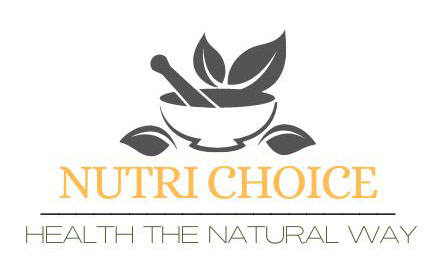What You Need to Know About Supplements
The Popularity and Importance of Supplements
Supplements have become increasingly popular in recent years, with people turning to them to support their overall health and well-being. While supplements can provide various benefits, it is important to have a proper understanding of what they are, how they work, and how to choose the right ones. This blog post aims to provide you with the essential information you need to know about supplements.
1. What are Supplements?
Supplements are products that contain vitamins, minerals, herbs, or other substances intended to supplement a person’s diet. They come in various forms, including pills, capsules, powders, and liquids, making it easy for individuals to incorporate them into their daily routine. Supplements are not intended to replace a balanced diet but to provide additional nutrients that may be lacking.
2. Understanding the Role of Supplements
Supplements are designed to fill nutritional gaps and support overall health and wellness. They can be particularly beneficial for individuals with specific dietary needs, such as pregnant women, athletes, or those with certain medical conditions. However, it is important to remember that supplements should not be solely relied upon for proper nutrition, as a well-rounded diet remains the foundation for optimal health.
3. The Importance of Quality and Safety
When it comes to supplements, quality and safety are of utmost importance. As the supplement industry is not as strictly regulated as pharmaceuticals, it is crucial to choose reliable and reputable brands. Look for products that have been tested by third-party organizations, such as the United States Pharmacopeia (USP). These organizations ensure that the supplements meet certain quality and safety standards.
Additionally, it is essential to carefully read the labels and follow the recommended dosage instructions. Taking excessive amounts of certain supplements can lead to adverse effects or interactions with medications. Consult with a healthcare professional if you have any concerns or if you are taking other medications.
4. Identifying Your Specific Needs
Understanding your specific needs and goals is essential when considering which supplements to incorporate into your routine. Each person’s nutritional requirements vary depending on factors such as age, sex, lifestyle, and underlying health conditions. For example, someone with low iron levels may benefit from an iron supplement, while someone looking to support their joint health may consider a glucosamine supplement.
Identify any nutritional deficiencies or health concerns you may have and discuss them with a healthcare professional or a registered dietitian. They can help assess your individual needs and provide guidance on which supplements may be beneficial for you.
5. Researching and Choosing the Right Supplements
With numerous supplements available on the market, it is crucial to do your research and choose wisely. Here are some factors to consider when selecting supplements:
Look for science-backed evidence: Choose supplements that have been supported by scientific research and clinical studies. This helps ensure their effectiveness and safety.
Read customer reviews and testimonials: Reading reviews and testimonials can provide insights into other individuals’ experiences with a particular supplement, helping you determine its efficacy and potential side effects.
Check for certifications and approvals: Look for supplements that have been certified by reputable organizations, such as NSF International or ConsumerLab. These certifications indicate that the product has undergone rigorous testing and meets specific quality standards.
Consider your dietary restrictions and preferences: If you follow a specific diet, such as vegan or gluten-free, check the supplement labels to ensure they align with your dietary restrictions. Some supplements may contain allergens or animal-derived ingredients.
6. Supplementing Responsibly
While supplements can provide many benefits, it is important to remember that they are not a cure-all solution. They should be used as a complement to a healthy diet and lifestyle. It is always best to focus on obtaining nutrients through whole foods, as they provide a wide array of vitamins, minerals, and phytonutrients that work synergistically.
Additionally, it is important to monitor your supplement intake and make adjustments as necessary. Some vitamins and minerals can accumulate in the body if taken in excess, leading to potential toxicity. Regularly reassess your supplement regimen and consult with a healthcare professional if needed.
Conclusion
Supplements can play a valuable role in supporting overall health and wellness when used correctly. Understanding what supplements are, why they are used, how to identify quality products, and how to choose the right ones for your specific needs are essential for a responsible and informed approach to supplementation. Remember, a balanced diet and healthy lifestyle are the foundation of optimal health, and supplements should be used to supplement, not substitute, these practices.
Got questions about what supplements would work best for you? Let us help! Contact us today to learn more!
